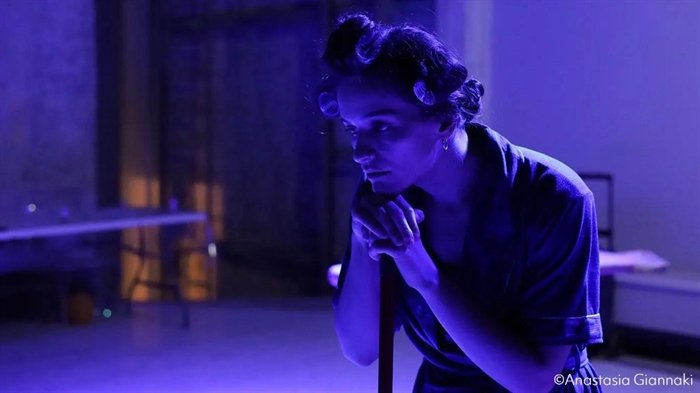Sign In
Sign Up
Use the e-mail and password that you specified when registering on the site
Sign Up
Sign In
Register on our website and take advantage of the services we provided to our visitors
Forgot password?
Use the e-mail that you specified when registering on the site
Book Now
Contact
Success
Your message was successfully sent. We will contact you shortly.







